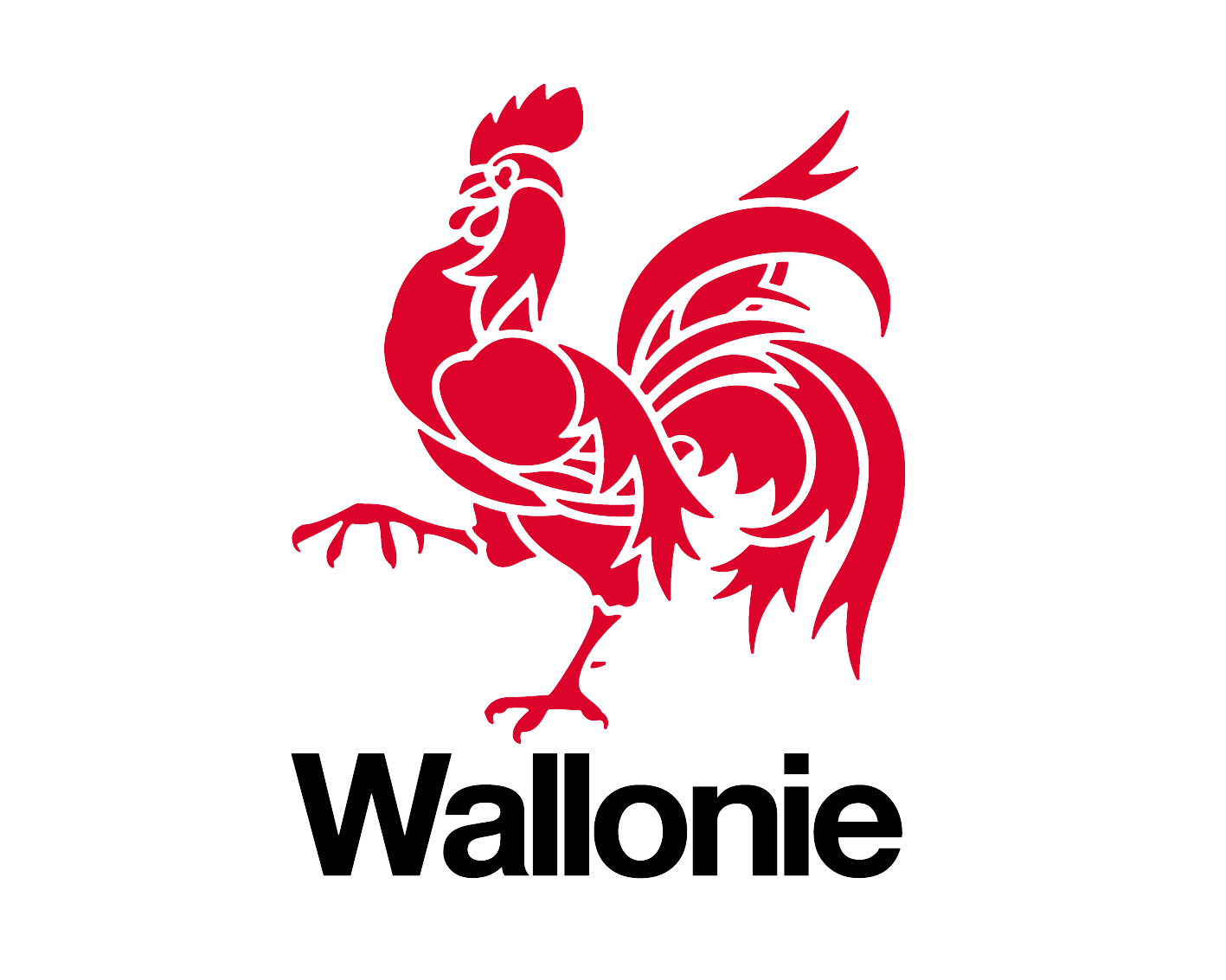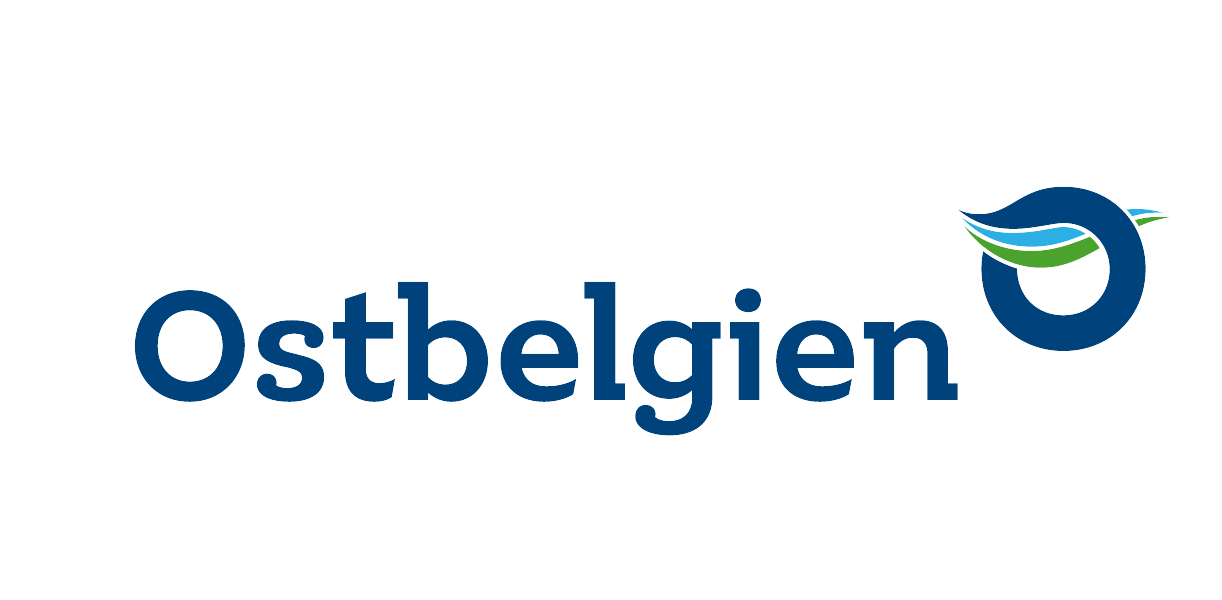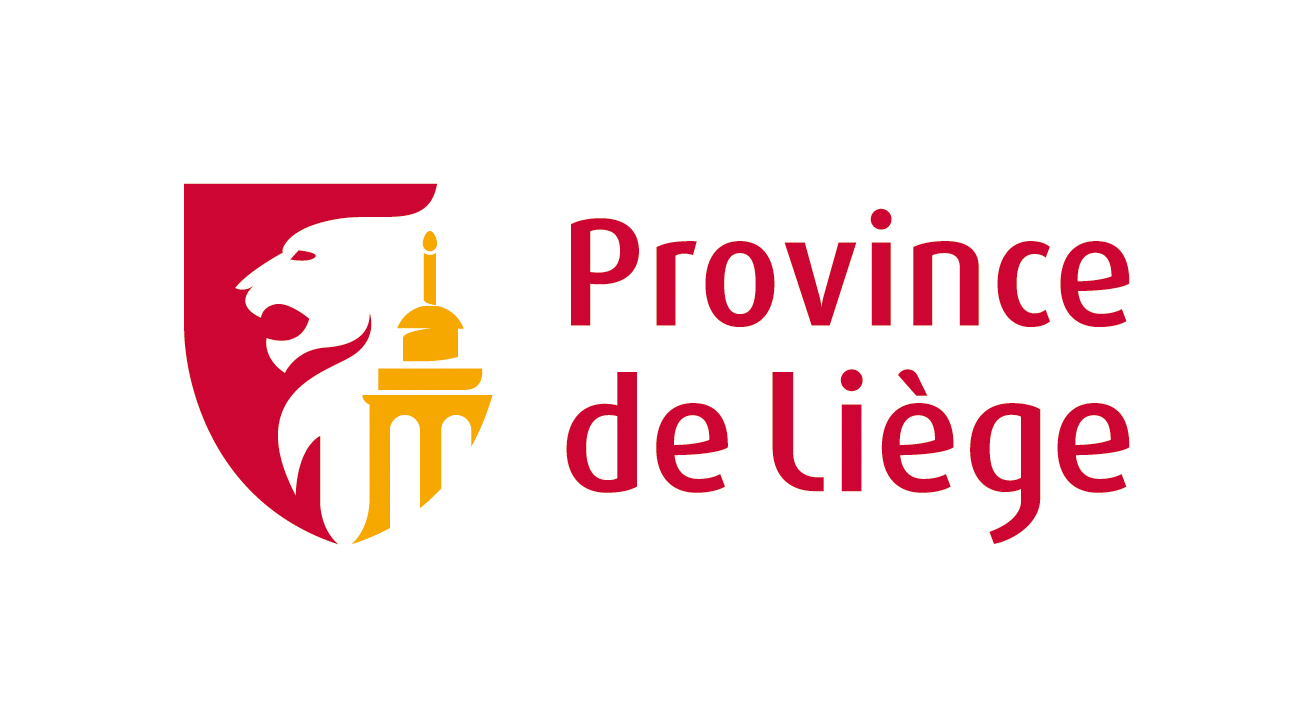There are still a few authentic wilderness areas in the High Fens. And they're right in the middle of the rectangle formed by the towns of Eupen, Monschau, Malmedy and Spa. In the core zone, the slate mountain ridge stretches skyward, reaching heights of up to 694 m. This is also where the highest point in the Benelux countries is. Some 10,000 years ago, at the end of the last Ice Age, high moors formed on this barren ground which holds water so well.
The plateau is framed by small fenland villages and towns with centuries of history. But the remaining, ancient wilderness areas of the moor are more or less unadulterated, original and wild, and the traces of human settlement they bear have been but minor to this very day. No wonder, as vastness and barrenness predominate in this centuries-old primaeval landscape.
Especially in winter, the Fens seem inaccessible and, in some unreal way, as if they had come from another age. And this appearance is exactly what increases their charm for hikers and nature-lovers, who like to feel as if they had been transported back into a dim and distant past for a while. The soil is low in nutrients, and the climate has features which are nothing short of arctic. Here, the clock seems to tick more slowly than elsewhere.
Some 10,000 years ago, at the end of the last Ice Age, high moors formed on this barren ground which holds water so well. And these moors still characterise parts of the immense plateau of the Fens today, exuding a rare, primaeval flair.

Things worth knowing

There are still some authentic wilderness areas left in the High Fens. And they're right in the middle of the rectangle formed by the towns of Eupen, Monschau, Malmedy and Spa.

Experience

The High Fens - more than magnificent walks and bike tours. Here are some excursion sites and other activities.

Accommodations and gastronomy

The region offers a wide range of comfortable accommodation. The people are imbued with Belgian savoir-vivre and know exactly how to enjoy life.

The High Fens, a unique experience!

Covering more than 5,000 hectares, the High Fens is the oldest nature reserve in Wallonia. Discover its most silent and lesser-known walks, by foot and through sound.
F.A.Q.
You can get to the High Fens in various ways. There are good train/bus connections that enable you to travel by public transport. We recommend that you check the train timetables on belgiantrain.be and the bus timetables on letec.be. If you get off at Verviers Central, you can reach Baraque Michel, Signal de Botrange and Sourbrodt, for example. This is also possible from Eupen, where you can also travel in the direction of Haus Ternell to visit the Brackvenn. From Bütgenbach, you can take the bus E23 to explore the High Fens.
Another way to reach the High Fens is by car. The main roads are the N68 and the N676. These national roads can be navigated from the lower town of Eupen, from Malmedy or from Robertville. The N672 joins the N68 via Jalhay. To reach Haus Ternell, you should take the N67 from Eupen, lower town or from Monschau. There are numerous car parkings along these main roads.
For your information and safety, hunting dates and other specific closures are displayed daily in the hiking route planner. If you click on the grey square with the exclamation mark (at the top of the map), you can enter the date on which you are planning a hike. The screen will then show you the areas that are closed on that day. Especially in autumn, it is advisable to check before each hike whether the hiking trails you are planning are open or not. During the hunting season, in addition to the information in the route planner, pay particular attention to the signs posted by hunters at the forest entrances.
The accessibility of certain parts of the fens is also indicated by a flag. If the flag is green, everything is normally open. If the flag is red, certain areas are marked as closed. Refer to the hiking route planner to check which areas are affected by this access ban.
As parking spaces in the High Fens are limited, a warning system has been developed in collaboration with the local police to provide information on the accessibility of the High Fens. This is particularly important in summer and winter, when many people want to visit the nature reserve.
A "traffic light system" has been created to distinguish 4 categories of access to the High Fens:
- Green: normal conditions, the High Fens can be visited.
- Orange: the High Fens are currently very busy and that visitor numbers are being monitored. In this case, you should choose another location in the region for your excursion or keep an eye on the status of the High Fens with the newsletter on visitor numbers and on ostbelgien.eu.
- Red: the High Fens are at full capacity and no more visitors will be admitted. In this case, you can choose one of the many alternative routes in East Belgium that are presented on ostbelgien.eu.
- Dark red: the High Fens are closed, and road traffic is diverted. This measure is only taken in an absolute emergency.
Don't hesitate to subscribe to our newsletter on visitor numbers to stay informed.
All the walks along or through the High Fens are listed in the "Walking in the High Fens" section. The suggested walks are sorted by theme and are adapted to the people who come to walk in the fens.
Many walks cross the High Fens, and wooden walkways have been installed to make this possible. These wooden walkways have shaped the image of the High Fens as we know it today. If you would like to go on a walk we recommend our free map of the High Fens, which shows the areas that feature wooden walkways.
Some of the trails in the High Fens have been designed so that you can walk them with a pram. We have compiled a short list which you can find in the "Walking in the High Fens" section, under "Accessible with prams".
Some of the walks in the High Fens have been adapted so that everyone can enjoy them. We have compiled a short list which you can find in the "Walking in the High Fens" section, under "Accessible for wheelchair users".
Most of the walks in the High Fens are accessible with a dog. However, your dog must always be kept on a leash. This is a legal requirement in Belgium. Dogs are only forbidden on the paths that cross the Nature Reserve. At the start of each trail, this prohibition is indicated by a sign, and you will usually be offered an alternative route.
We have listed all accessible walks in the "Walking in the High Fens" section, they are marked with a dog logo in the bottom right-hand corner.
Throughout the year, numerous activities are organised in the High Fens, such as guided walks. You can find a list of things to do in our events section (located above). The Nature park centre - Botrange, the Nature centre Haus Ternell or the Tourist Information Signal de Botrange offer full-day or half-day guided walks on request. Don't hesitate to contact them to organise a visit to the High Fens with a qualified nature guide. More information for the booking of a nature guide can be found in the "Leisure activities" section.
The High Fens are covered by the Province of Liège's junction node network. Use the cycle route planner to create your own itinerary.
Starting from the Nature park centre - Botrange, a route called "The moor route" takes you on a cycling tour through the fens.
For cycling fans, the Vennbahn also passes close to the High Fens, nearby Sourbrodt.
You can find a list of our suggestions in the "Cycling in the High Fens" section.
In the "Walking in the High Fens" section, under "Family walks", you can find a selection of tours. Moreover, there are plenty of fun activities available in the area. In particular, you can visit the exhibitions on the flora and fauna of the High Fens at the nature centres. More information in the section "Leisure activities".
Toilets can be found in the nature centres and information points, as well as in local restaurants.
The online snow report is the answer to this question!
It gives you information about the depth and quality of the snow, whether the slopes are skiable and which ski and snowshoe rentals are open. You can also subscribe to the snow report (newsletter), which will be sent to you by e-mail as soon as the first snow has fallen. So you can also stay informed from home.
Snow cams have also been installed near several winter sports centres to provide live images. You can find all these snow cams under the following link.


















